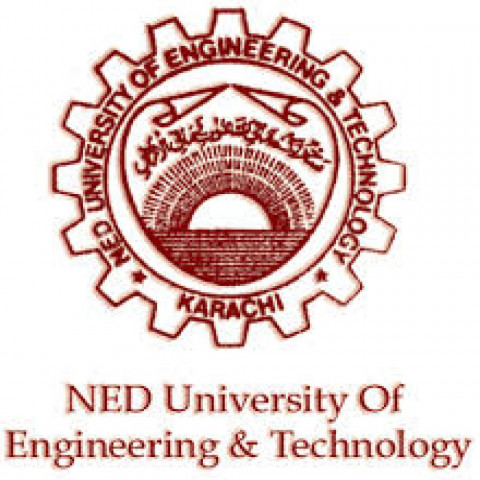Finding solutions to problems of processing, manufacturing industries
Students from different engineering universities from across Sindh participate in competition at NED University

PHOTO: FILE
Around 45 projects based on practical models relating to processing and electronics were part of the competition. Students from different engineering universities from across Sindh participated in the show and presented their models to bridge the gap between academia and industry.
Students presented their solutions to the problems of industries during the competition. These included problems of cost-cutting, recycling, improvisation and mechanised techniques. The show was visited by representatives of some of the leading industries who not only shared their feedback but also proposed to take models on board for improved processing in their industries.
Read: NED University hosts super-car exhibition
Among the highlights of the projects on display was the final-year project of the students of NED University food engineering department. They have worked on an existing model of food warming containers that does not require an external source of heat for warming. Food and calcium oxide is packaged in separate pouches and food is warmed through exothermic reaction. According to one of the team members of the project, the design was previously used in US military and is ideal for disaster-hit situations and travel.

Cost efficacy was among the most important agenda to provide sustainable solutions in the industry. A vacuum container for moulding PVC material, commonly used as a coating material in packaging, was designed by students of NED University’s polymer and petrochemical department. "The machinery for this is normally imported from China," explained a student. "This model cuts down that additional cost as it can be manufactured locally."
Speaking to The Express Tribune, chemical engineering department associate professor Saud Hashmi said that a fair like this has been taking place for a while but it is the first time that industrialists have participated to make it a two-way process. "The idea is to bridge the gap between industry and academia," he said. "The industry should know about the potential of what the students are producing while at the same time the students need to attune themselves to the demands of the industry. It is all based on research."
The first position was awarded to NED University's biomedical department for their models on co-pyrolysis of waste lubricating oil and waste cooking oil and computational modelling of knee joint using finite element method by final year students.
Published in The Express Tribune, October 14th, 2015.



















COMMENTS
Comments are moderated and generally will be posted if they are on-topic and not abusive.
For more information, please see our Comments FAQ